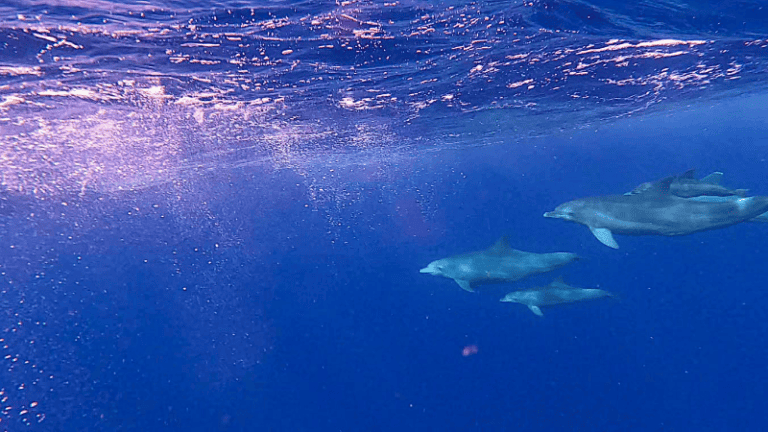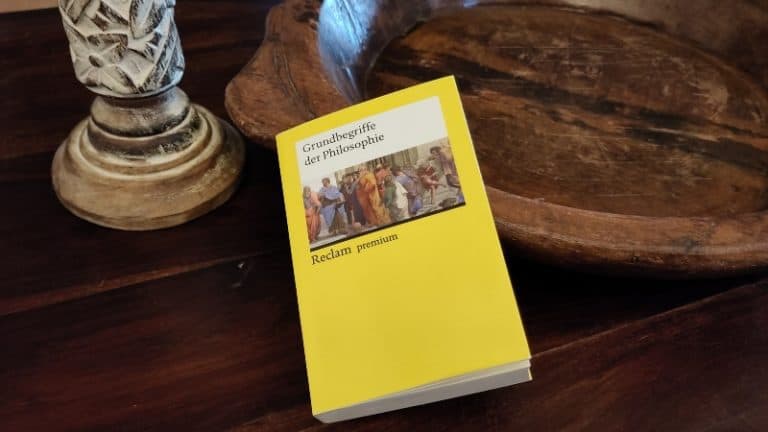The importance of opposites and change: Daoism, Buddhism and Heraclitus in comparison
The ancient Greek philosopher Heraclitus and Daoism, a philosophical and religious tradition originating in ancient China, have remarkable philosophical parallels despite their different cultural and historical contexts. The core of these parallels is the emphasis on opposites and the dynamic nature of the universe. Ancient Western philosophy, represented by thinkers such as...










